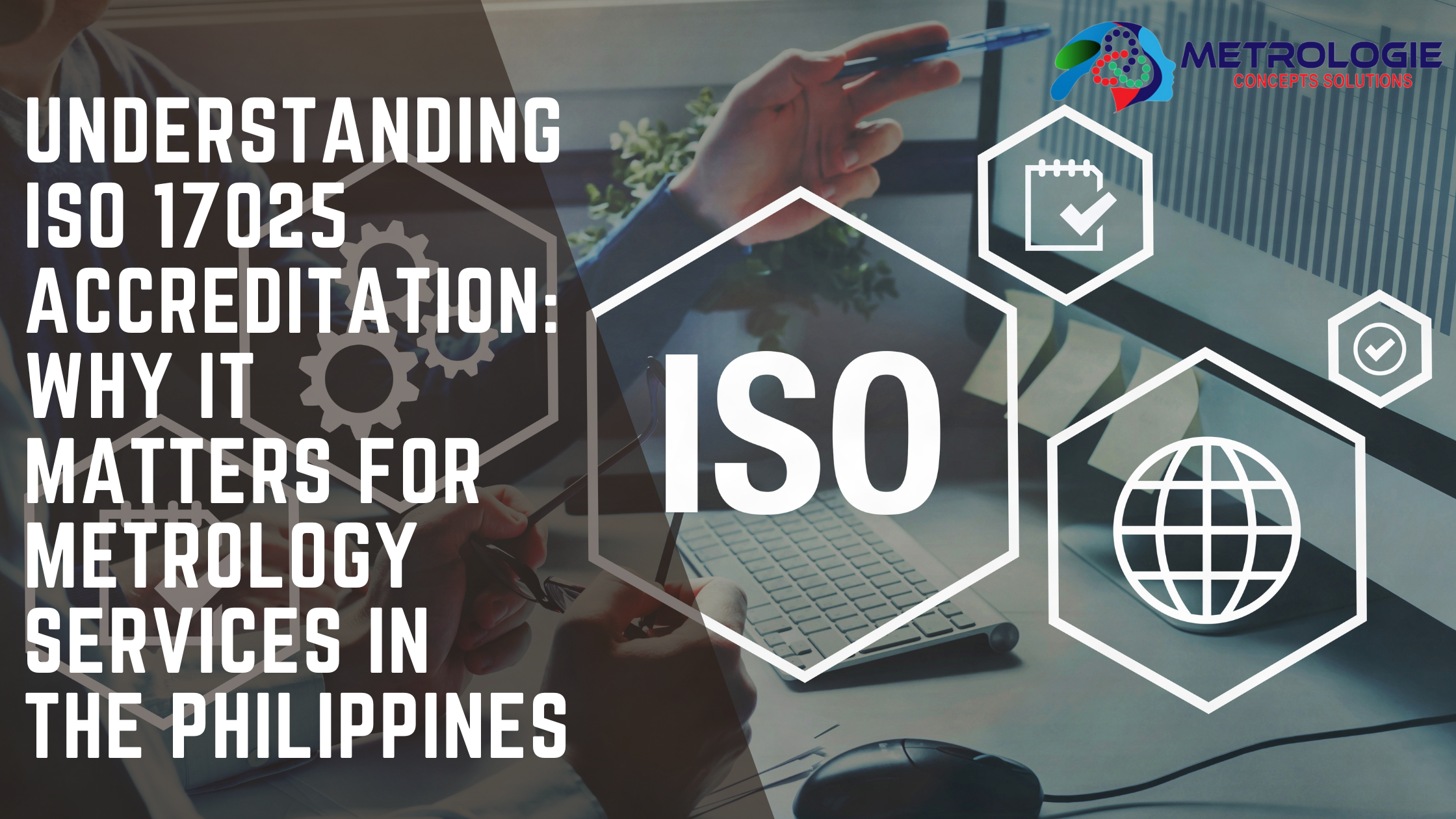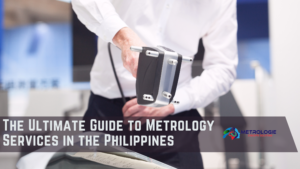Introduction
Welcome to a comprehensive exploration of the importance of ISO 17025 Accreditation for Metrology Services in the Philippines. In this article, we’ll delve into the intricate details of what ISO 17025 accreditation entails, why it holds immense significance for metrology services, and how it contributes to ensuring accuracy, reliability, and quality in measurement processes. If you’re involved in the metrology field or simply curious about the role of accreditation, this guide is tailor-made for you.
Understanding ISO 17025 Accreditation: Why It Matters for Metrology Services in the Philippines
Metrology, the science of measurement, plays a vital role in various industries, ranging from manufacturing to healthcare. Precise measurements are crucial for ensuring product quality, process efficiency, and compliance with standards. This section will shed light on the core concepts of ISO 17025 accreditation and its relevance to metrology services in the Philippines.
Key Concepts of ISO 17025 Accreditation
ISO 17025 is an international standard that outlines the general requirements for the competence of testing and calibration laboratories. It encompasses a set of stringent guidelines that laboratories must adhere to in order to demonstrate their capability to produce accurate and reliable results. Let’s explore some key aspects of ISO 17025 accreditation:
Scope and Application
ISO 17025 accreditation isn’t limited to a specific industry; it applies to any laboratory engaged in testing and calibration activities. Whether it’s a laboratory analyzing pharmaceutical samples or calibrating industrial equipment, the standard ensures uniformity in quality across diverse sectors.
Traceability and Calibration
One of the cornerstones of ISO 17025 is traceability, which refers to the ability to relate measurements to internationally recognized standards. Accredited laboratories must establish and maintain traceability to ensure the accuracy and comparability of their results. Calibration, a critical process within metrology, is closely linked to traceability.
Quality Management System
ISO 17025 emphasizes the implementation of a robust quality management system (QMS). Laboratories seeking accreditation must establish and maintain comprehensive documentation of their processes, procedures, and policies. This QMS ensures consistent practices, effective risk management, and continuous improvement.
Benefits of ISO 17025 Accreditation for Metrology Services
Acquiring ISO 17025 accreditation brings forth an array of benefits that significantly enhance the operations and reputation of metrology services. Let’s explore how this accreditation positively impacts metrology practices in the Philippines:
Enhanced Credibility and Trust
Accreditation instills confidence in clients and stakeholders by demonstrating a laboratory’s competence and adherence to international standards. Metrology services with ISO 17025 accreditation are seen as reliable partners capable of delivering accurate and trustworthy measurements.
Improved Accuracy and Reliability
ISO 17025 accreditation sets a high bar for measurement accuracy and reliability. Laboratories must undergo rigorous testing and validation processes, leading to consistently dependable results. This commitment to precision directly benefits industries that rely on precise measurements for critical decision-making.
Global Recognition
ISO 17025 is globally recognized and accepted. Laboratories with accreditation can collaborate with international partners and expand their reach beyond national borders. This recognition facilitates participation in international proficiency testing and enhances the laboratory’s reputation on a global scale.
Regulatory Compliance
Many industries are subject to regulatory requirements that mandate the use of accredited laboratories for certain measurements. ISO 17025 accreditation ensures compliance with these regulations, enabling metrology services to serve as trusted partners for regulatory authorities.
The Accreditation Process: A Closer Look
Gaining ISO 17025 accreditation involves a comprehensive evaluation of a laboratory’s competence. The process is designed to assess various aspects of laboratory operations and ensure adherence to the standard’s requirements. Let’s delve into the accreditation process step by step:
Application and Documentation Review
The journey towards ISO 17025 accreditation begins with the submission of an application to an accreditation body. The laboratory must provide detailed documentation of its quality management system, measurement procedures, and technical capabilities. This documentation undergoes thorough review to ensure alignment with the standard.
On-Site Assessment
A team of experienced assessors conducts an on-site visit to the laboratory. During this assessment, the laboratory’s facilities, equipment, personnel, and processes are meticulously evaluated. Assessors verify the implementation of documented procedures and assess the laboratory’s ability to produce accurate and reliable results.
Proficiency Testing and Interlaboratory Comparisons
Accreditation requires participation in proficiency testing and interlaboratory comparisons. These exercises involve analyzing samples provided by external organizations to assess the laboratory’s measurement capabilities. By successfully participating in these programs, laboratories demonstrate their proficiency and comparability with other accredited facilities.
Frequently Asked Questions (FAQs)
Q: What is the primary goal of ISO 17025 accreditation? A: The primary goal is to ensure that testing and calibration laboratories produce accurate and reliable results, enhancing confidence in their measurements.
Q: How does ISO 17025 accreditation benefit metrology services? A: It enhances credibility, improves accuracy, enables global recognition, and ensures compliance with regulatory requirements.
Q: Is ISO 17025 accreditation mandatory for all metrology laboratories? A: While it’s not mandatory, accreditation is highly recommended as it demonstrates competence and adherence to international standards.
Q: Can ISO 17025-accredited laboratories offer better calibration services? A: Yes, accreditation signifies that the laboratory meets high standards of accuracy, reliability, and quality in calibration services.
Q: How long does the accreditation process usually take? A: The duration varies but typically ranges from several months to a year, depending on the laboratory’s readiness and the accrediting body’s processes.
Q: Is ISO 17025 accreditation a one-time achievement? A: No, accreditation requires ongoing compliance and periodic reassessments to ensure continuous adherence to the standard.
Conclusion
In the realm of metrology services in the Philippines, ISO 17025 accreditation stands as a pillar of excellence. Its multifaceted benefits, ranging from enhanced credibility to improved accuracy, make it a crucial milestone for laboratories striving for precision and reliability. As the global market becomes increasingly interconnected, ISO 17025 accreditation paves the way for metrology services to establish themselves as trusted partners on both national and international fronts. So, whether you’re a professional in the field or an individual interested in the intricate world of measurements, understanding ISO 17025 accreditation is essential to appreciating the pivotal role it plays in ensuring accurate and reliable metrology services.




